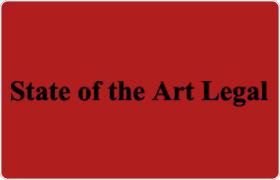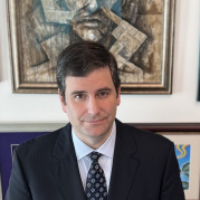 Pembroke Pines White Collar Crime Lawyers, Florida
Pembroke Pines White Collar Crime Lawyers, Florida
Sponsored Law Firm
-
 x
x

Click For More Info:
-
State of the Art Legal
200 S.E. 1st Street Suite 505 Miami, FL 33131» view mapCriminal Defense Law Expert Legal Defense
If you're facing a difficult situation, you may benefit from having a lawyer from State of the Art Legal represent you. Call our office in Miami, FL, to set up your appointment.
800-826-0121
Sponsored Lawyers
1-6 of 6 matches
Tax, Criminal, Tax Litigation, Felony, White Collar Crime
A. Antonio Tomas is a Board Certified Tax Lawyer, Board Certified Criminal Trial Lawyer and a Certified Public Accountant. Mr. Tomas's practice focuses on two main areas: Tax Law and Criminal Law. Mr. Tomas has successfully represented clients against the Internal Revenue Service at the field and appeals level, as well as before the United States Tax Court. He has also advised and counseled clients on various issues, including trust and estate planning, corporate structuring and general tax planning. Mr. Tomas has extensive experience at the state and federal level litigating all phases of a criminal case. He has defended clients charged with various white-collar crimes, as well as other crimes such as grant theft, child molestation and murder. Mr. Tomas graduated with honors from the University of Miami School of Law in 2003. During law school, he interned with the Miami-Dade state attorney's office and was an editor for the Inter-American Law Review. He went on to earn an L.L.M. degree (Masters of Law) in Taxation from the University of Miami in 2006. Prior to law school, he majored in Accounting and earned a Master's Degree in Taxation from Florida International University. He has been a C.P.A. (Certified Public Accountant) in the state of Florida since 2002.
(more)



 Joshua Alexander Miami, FL
Joshua Alexander Miami, FL Practice AreasExpertise
Practice AreasExpertise

